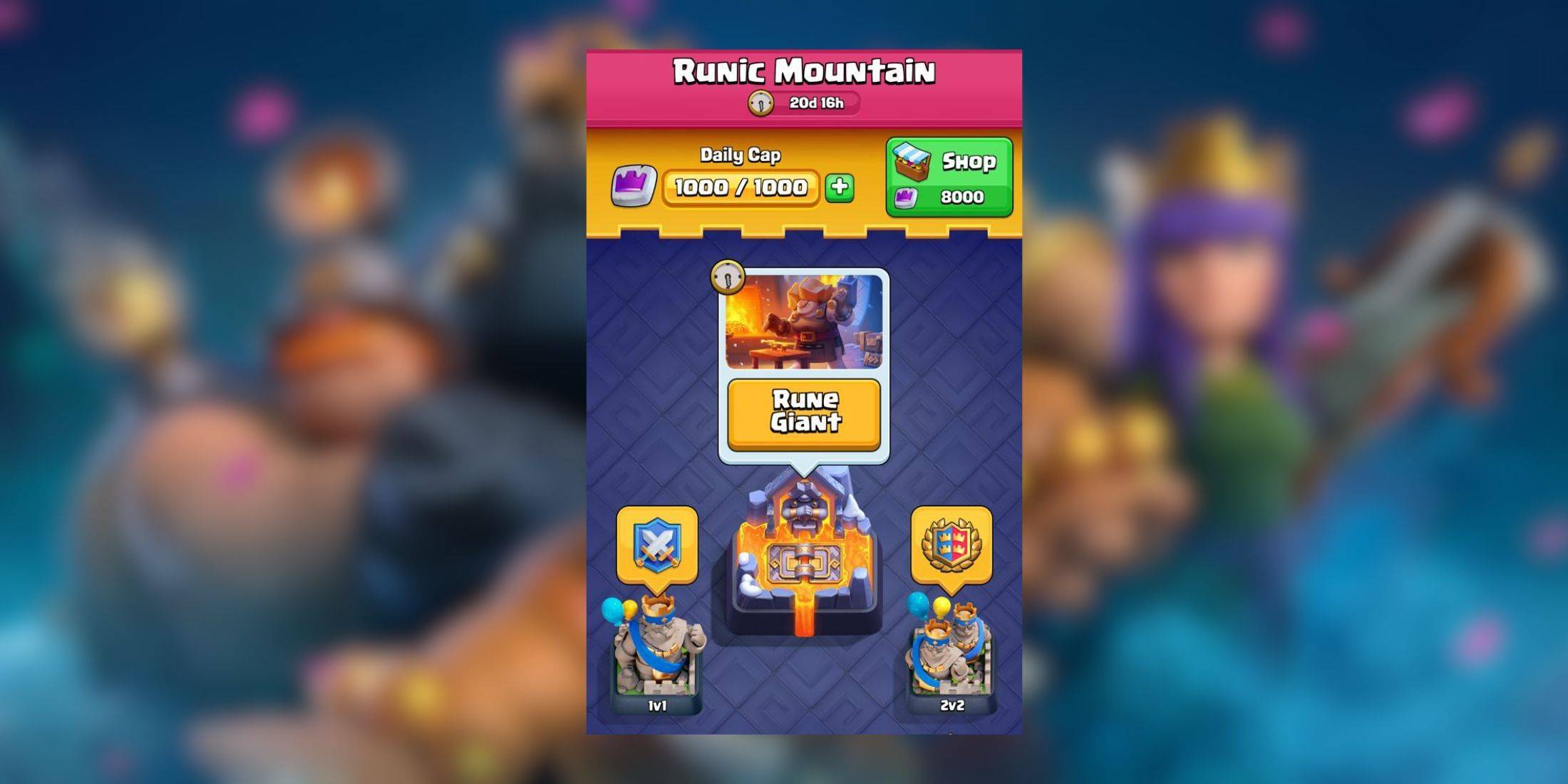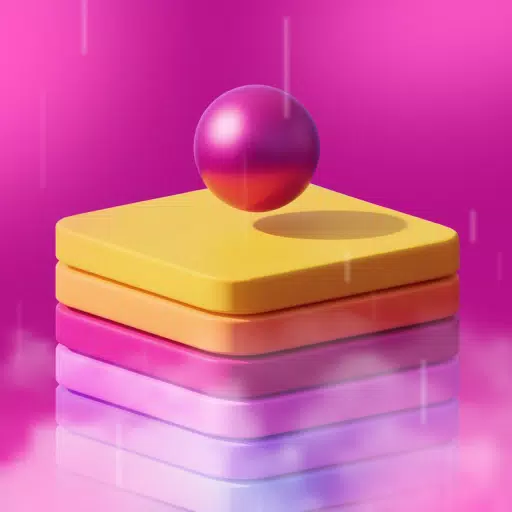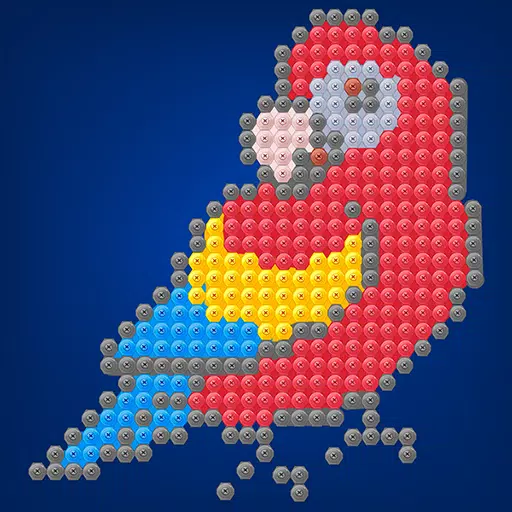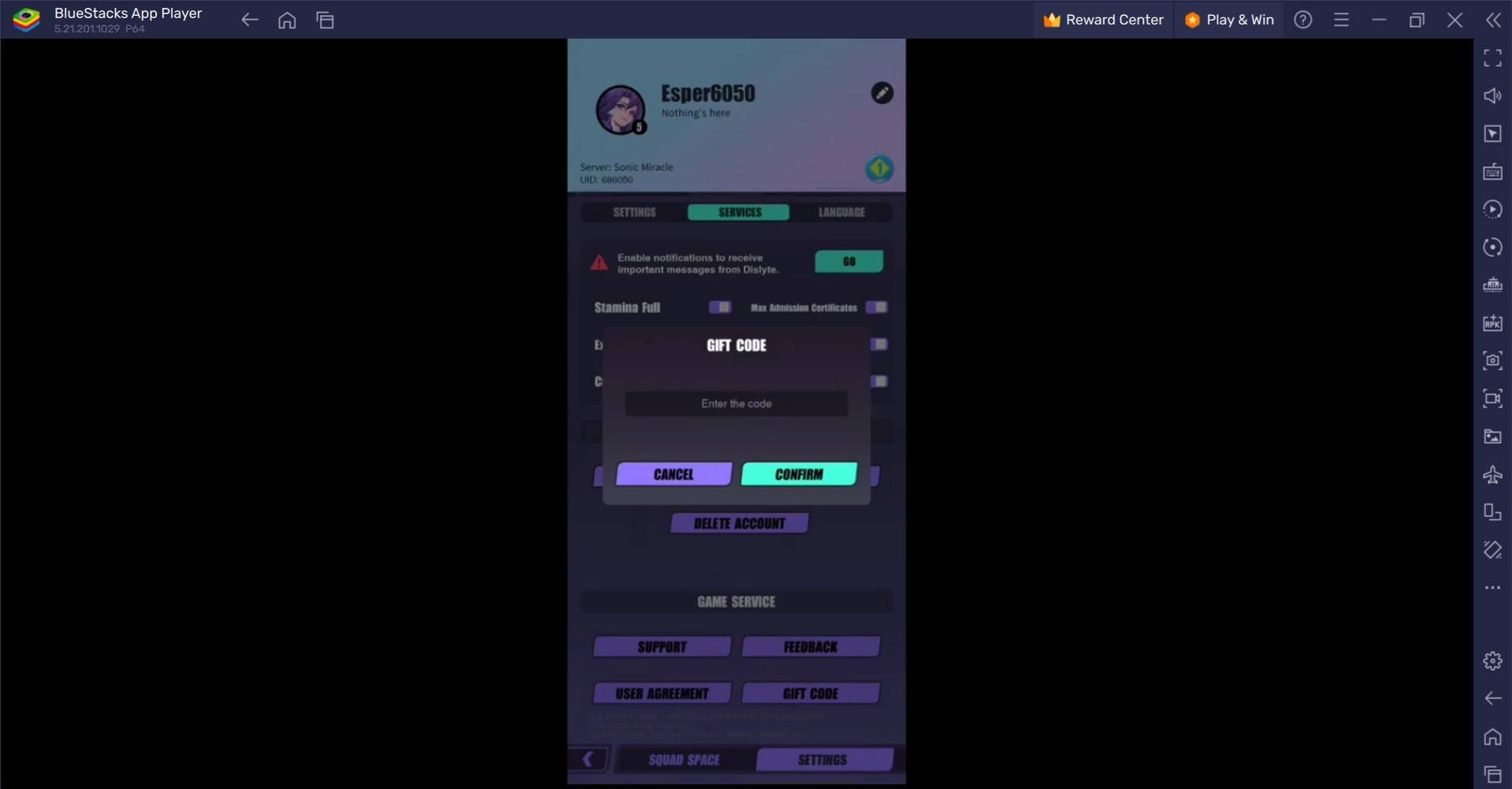The fan-driven project to bring Sonic Unleashed to PC marks a significant milestone in the realm of console game recompilation. Originally released in 2008 for Xbox 360, PlayStation 2, and Nintendo Wii, with a PlayStation 3 version following in 2009, Sonic Unleashed never saw an official PC release from Sega. Now, 17 years later, fans have stepped in to fill that gap with Sonic Unleashed Recompiled, an unofficial PC port of the Xbox 360 version.
This isn't just a simple port or emulation; Sonic Unleashed Recompiled is a comprehensive rebuild of the game, crafted from the ground up for PC. It boasts several enhancements, including high-resolution support, high framerate capabilities, and mod support, making it compatible with devices like the Steam Deck. Importantly, to play this recompiled version, users must own the original Xbox 360 game, as the port utilizes static recompilation to transform the original game files into a PC-playable format.
The launch of Sonic Unleashed Recompiled follows a trend seen in 2024, where several classic Nintendo 64 titles were successfully recompiled for PC. This development suggests that the practice of recompiling Xbox 360 games might become more prevalent, opening new avenues for gamers to enjoy older titles on modern platforms.
Fan reactions have been overwhelmingly positive, with many expressing gratitude for the opportunity to experience Sonic Unleashed in native HD at 60fps, complete with mod support. Comments on platforms like YouTube highlight the significance of this project, not only for Sonic fans but for the broader gaming community. Enthusiasts celebrate it as a testament to the power of fan projects in revitalizing beloved games and making them accessible on unsupported platforms.
However, while fans celebrate, the implications for game publishers like Sega are complex. Unofficial ports like Sonic Unleashed Recompiled could potentially undermine any plans for official PC releases. The question remains: how will Sega respond to this fan-driven initiative? As the gaming community watches closely, this moment underscores the ongoing tension between fan projects and official game development, highlighting the evolving landscape of game preservation and accessibility.
 Home
Home  Navigation
Navigation






 Latest Articles
Latest Articles









 Latest Games
Latest Games












